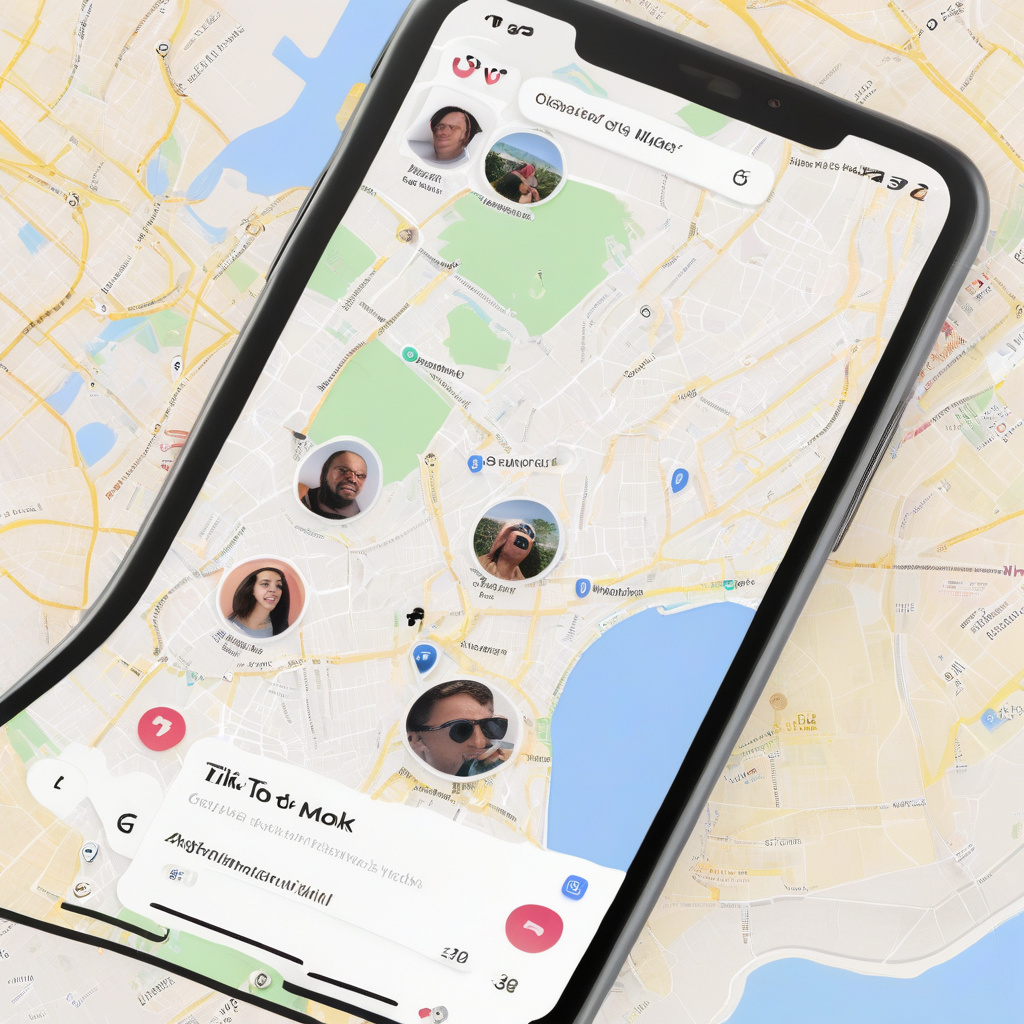TikTok Back on US App Stores: A Win for Tech Giants
In a recent turn of events, TikTok has made a triumphant return to the US app stores of Apple and Google. This move comes after President Trump assured that the tech giants would not face fines for reactivating the immensely popular app. This decision has sparked discussions on the power dynamics between technology companies and government regulations.
The reinstatement of TikTok marks a significant moment in the ongoing saga surrounding the app’s presence in the US market. With its massive user base and cultural impact, TikTok’s return is not only a relief for its fans but also a testament to the influence wielded by major tech players in shaping the digital landscape.
At the same time, the situation raises questions about the intersection of technology, politics, and user privacy. The saga of TikTok highlights the complexities of international relations in the digital age, where concerns over data security and geopolitical tensions can impact the availability of popular apps.
As IT and development professionals, staying informed about these developments is crucial for understanding the evolving regulatory environment that shapes the tech industry. The TikTok saga serves as a reminder of the intricate dance between innovation, regulation, and user experience that defines the digital realm.
Google Maps Blocks Reviews for Gulf of Mexico: Navigating New Policies
In another intriguing development, Google Maps has taken a bold step by blocking reviews for the Gulf of Mexico. This decision, while seemingly unconventional, underscores the platform’s commitment to maintaining the integrity of its mapping services and preventing misuse of user-generated content.
By implementing restrictions on reviews for geographical locations, Google Maps aims to ensure that its platform remains a reliable source of information for users around the world. This proactive approach reflects the platform’s dedication to quality control and user trust, even in the face of potential controversies or challenges.
The move to block reviews for the Gulf of Mexico also sheds light on the broader issue of content moderation in digital platforms. As technology continues to play an integral role in our daily lives, platforms like Google Maps must navigate the delicate balance between providing open access to information and safeguarding against misinformation or abuse.
For IT and development professionals, Google Maps’ decision serves as a case study in effective content moderation strategies. Understanding how platforms manage user-generated content can offer valuable insights into best practices for maintaining a safe and reliable digital ecosystem for all users.
In conclusion, the recent events surrounding TikTok and Google Maps offer a glimpse into the intricate web of technology, policy, and user experience that defines the digital landscape. By staying informed and engaging with these developments, IT and development professionals can navigate the ever-evolving world of tech with confidence and insight.

